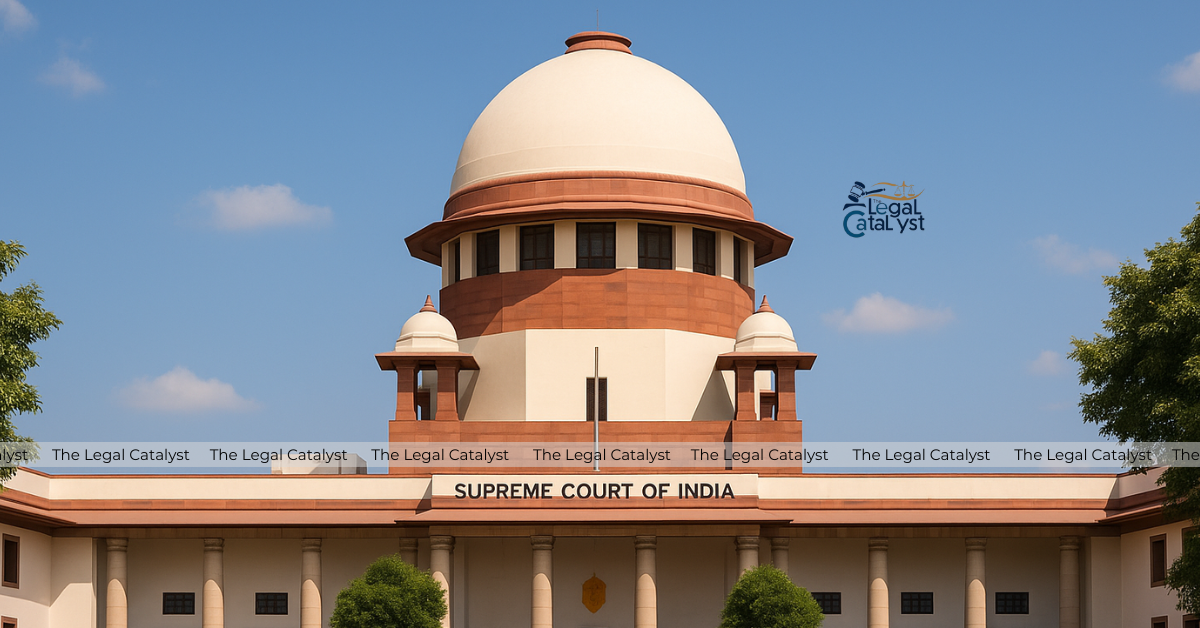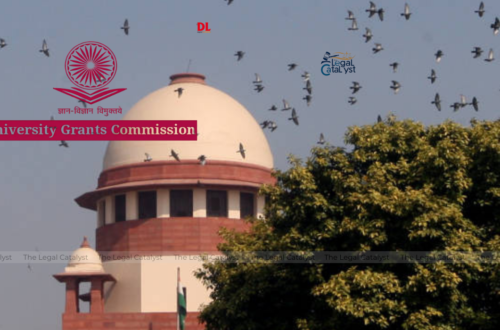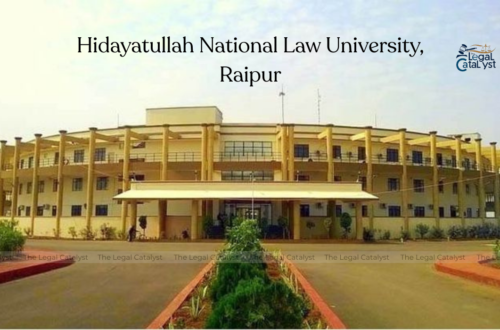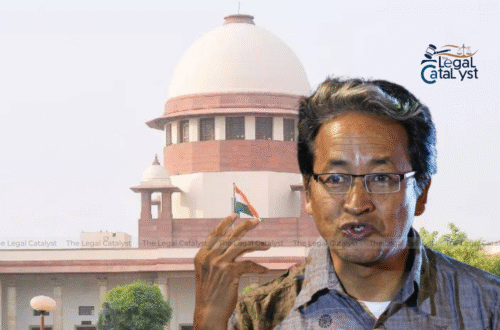In a striking observation during a matrimonial dispute hearing, Chief Justice of India (CJI) DY Chandrachud rebuked a woman. She was seeking an extravagant alimony package from her estranged husband. He told her that she should work and earn a living given her educational qualifications.
“Aap itni padi likhi hain. Aapko khud maangna nahi chahiye, aapko khud kama ke khana chahiye”
(“You are well educated; you should not ask for things but rather earn your living”), the CJI told the woman in open court.
The woman had approached the Supreme Court. She demanded a luxury flat in Mumbai, ₹12 crore in maintenance, and a BMW car from her husband. Her husband was a former Citibank manager who became an entrepreneur. The court, however, found the demands grossly excessive.
“You were married for just 18 months. And you want a BMW?” the CJI asked sharply. “You are practically asking for ₹1 crore for every month of your 18-month marriage,” he added.
The CJI pointed out that the woman was highly educated. She has an MBA and a background in IT. He suggested she could easily secure employment in tech hubs like Bengaluru, Hyderabad, or Pune. “You have done your MBA. You are in demand… Why don’t you work?” he said.
The woman insisted on a flat in Kalpataru. It is one of Mumbai’s upscale residential areas. The CJI noted, “That house is in Kalpataru. It is built by one of the top builders.”
In her defense, the woman argued that her demands were justified given her husband’s wealth. She alleged that he had abandoned her unfairly. “He sought annulment, claiming I’m schizophrenic. Do I look schizophrenic, my lords?” she asked the Bench.
The Court also examined the husband’s income tax returns. His legal team claimed that his income had dropped. This decrease was since he left his corporate job.
Senior advocate Madhavi Divan, representing the husband, supported the Court’s view, stating, “She has to work too. Everything cannot be demanded like this.”
In a final suggestion, the Bench urged the woman to consider a more practical approach to her future:
“You better take those ₹4 crore, find a good job in Pune, Hyderabad, or Bangalore. There is demand in IT centres.”
The Supreme Court has reserved its order in the case. The outcome could have far-reaching implications on how the judiciary balances financial parity, self-sufficiency, and fairness in modern matrimonial disputes.
Connect with us on Instagram – X – LinkedIn for daily updates, quizzes, and other materials.
Also Read
Aadhaar, Ration Cards Not Proof of Citizenship for Voter Eligibility






